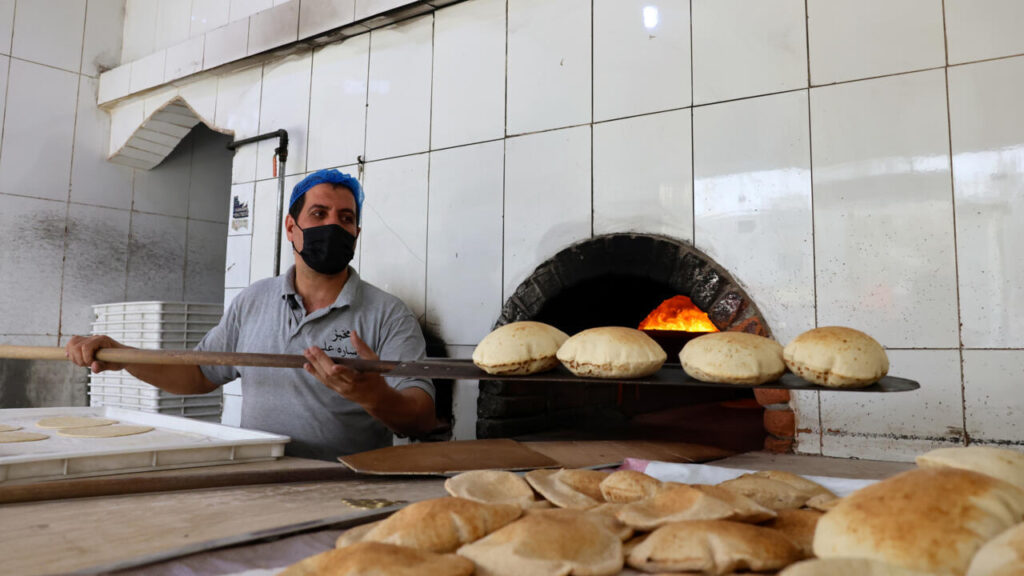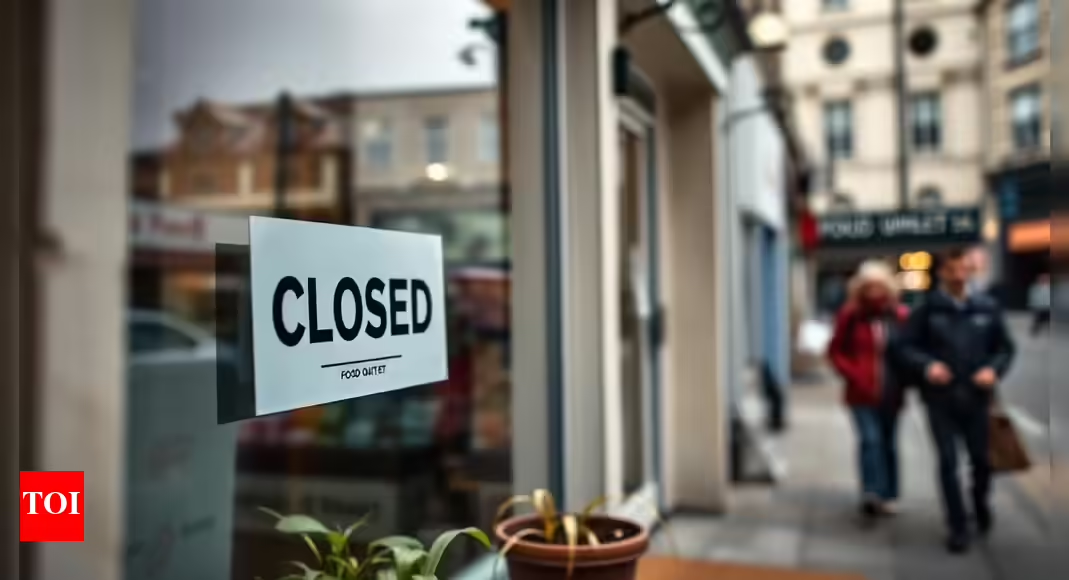Riyadh food outlets shut down in large numbers this week after Saudi authorities launched a sweeping inspection campaign targeting restaurants, cafés, and small eateries across the capital. The move, described as one of the largest food safety crackdowns in recent years, has left many residents shocked at how widespread hygiene violations have become in the city’s booming food sector.
According to the Riyadh Municipality, dozens of establishments were either fined or temporarily closed after inspectors uncovered violations ranging from poor food storage to expired ingredients. For a city known for its vibrant dining scene and fast-growing culinary industry, the sudden closure of so many outlets has raised questions about consumer safety, regulatory enforcement, and the future of the food business in Saudi Arabia.
Why so many Riyadh food outlets shut down
The Riyadh Municipality explained that the closures were part of an ongoing campaign to enforce higher food safety standards and protect public health. Officials said they received numerous complaints from consumers about unhygienic conditions in some outlets. Following surprise inspections, inspectors reported common violations such as:
- Using expired or improperly stored ingredients
- Poor cleanliness of kitchens and dining areas
- Employees handling food without proper protective gear
- Lack of valid health certificates for food workers
- Failure to comply with municipal licensing regulations
Authorities said that while many businesses only received fines and warnings, a significant number had to be shut down immediately because the violations posed “serious risks” to public safety.
Public reaction to Riyadh food outlets shut down
The news has stirred strong reactions among residents of Riyadh. Many took to social media to express their concerns, with some praising the government for taking bold action to protect consumers, while others worried about the sudden loss of access to their favorite eateries.
One resident commented on Twitter:
“It’s shocking to see how many of our favorite restaurants failed basic hygiene. This was needed.”
Another posted:
“While safety is important, authorities should also help small businesses improve instead of shutting them down completely.”
This mix of relief and concern highlights the delicate balance regulators must strike between ensuring public health and supporting a growing food industry that employs thousands of workers.

Why Riyadh’s food sector is under the spotlight
Saudi Arabia’s food and beverage industry has been expanding rapidly in recent years. With Vision 2030 encouraging tourism, investment, and entertainment, cities like Riyadh have seen a surge in new restaurants, international chains, and trendy cafés.
The sheer pace of growth, however, has also created challenges. Industry experts say that many small outlets, especially those run by independent operators, often struggle to meet strict hygiene requirements due to lack of training, resources, or awareness of international food safety standards.
Riyadh food outlets shut down in this latest wave of inspections serve as a reminder that growth must go hand in hand with compliance.
Authorities double down on food safety
Municipal officials have made it clear that the crackdown is only the beginning. The Riyadh Municipality announced that it will continue unannounced inspections across the capital, targeting not only small eateries but also larger chain restaurants, bakeries, and catering services.
The campaign is part of a broader national strategy by Saudi Arabia’s Ministry of Municipal and Rural Affairs and Housing, which aims to raise food safety standards to international levels. Authorities are also working on digital monitoring systems to track violations more effectively and encourage consumers to report unsafe practices.
What happens next for closed outlets
Businesses that were shut down will not be able to reopen until they correct the violations and pass a follow-up inspection. This could involve:
- Deep cleaning and sanitizing their kitchens
- Proper training for food handlers
- Renewing licenses and health certificates
- Upgrading storage and refrigeration systems
- Complying with new safety protocols
Some outlets may never reopen if they fail to meet requirements or if violations are deemed too severe. For those that do return, the municipality hopes the stricter oversight will push owners to adopt higher standards and win back customer trust.

How consumers can stay safe
While authorities are stepping up inspections, consumer vigilance is also crucial. Experts recommend that customers:
- Check for visible hygiene in kitchens and dining areas
- Avoid eating at outlets with poor storage or cleanliness
- Look for municipal health certificates displayed at restaurants
- Report suspicious practices to local authorities through official apps and hotlines
With Riyadh food outlets shut down in record numbers, residents are now more aware of their role in holding businesses accountable.
Impact on small businesses and workers
The crackdown has not only exposed hygiene issues but also raised concerns about the economic consequences. Small food businesses, many of which employ expatriate workers, are particularly vulnerable to closures and fines.
Industry analysts warn that repeated shutdowns could discourage investment in the sector unless authorities also provide support programs to help businesses improve. Training initiatives, subsidies for upgrading equipment, and clearer communication of regulations could help balance enforcement with growth.
For workers, especially low-wage employees, sudden closures mean loss of income and uncertainty. Advocacy groups have urged the government to consider programs that protect vulnerable workers while still enforcing high food safety standards.
Riyadh food outlets shut down: A turning point?
For Riyadh, this crackdown could mark a turning point in how the city manages its food and beverage sector. By enforcing higher standards, authorities hope to build a safer, more reliable dining culture that not only serves residents but also boosts Saudi Arabia’s image as a global tourist destination.
Food safety is now becoming a key part of Vision 2030’s wider goal of modernizing the Kingdom. With more tourists, investors, and residents depending on the food sector, ensuring trust in its quality is critical.
Conclusion
Riyadh food outlets shut down in large numbers have sent a clear message: public health comes first. While the closures may cause inconvenience and economic strain in the short term, they also represent a strong step toward building a safer and more sustainable food culture in the city.
For residents, this means greater peace of mind when dining out. For businesses, it is a reminder that success in Saudi Arabia’s fast-growing market depends not only on taste and service but also on strict compliance with health and safety standards.
As inspections continue, one thing is certain: Riyadh’s dining scene is entering a new chapter where safety and quality will play as important a role as flavor and experience.
Do follow on: Instagram
Read More: Discover Ithra’s “Soundos” Initiative: Transforming Tourism in Saudi Arabia



